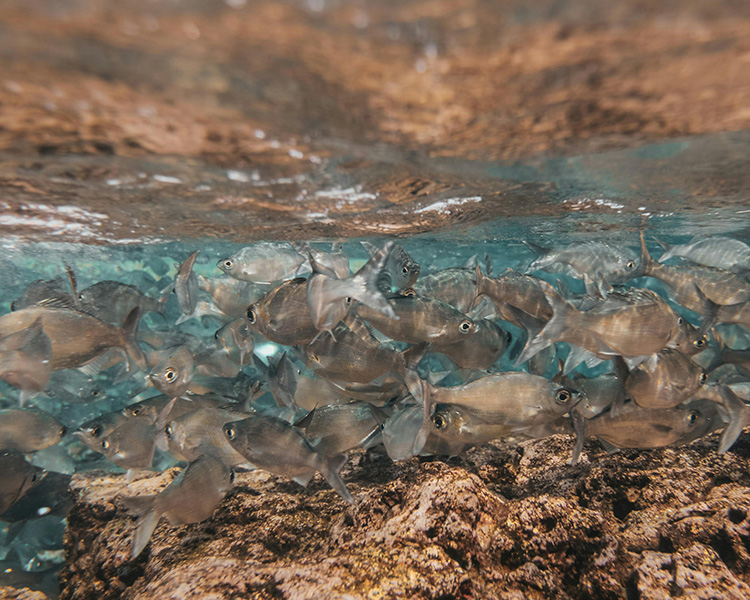By Rosaland Tyler
Associate Editor
New Journal and Guide
The number of certified school psychologists may increase in years to come, thanks to a new University of Virginia program that is accepting new students.
The deadline to file for the new three-year degree program is Feb. 1. Graduates who finish the University of Virginia’s program called education specialists in school psychology will earn a bachelor’s degree and also participate in a one-year internship during the final year of training. Graduates will be qualified to apply for state and national certification as school psychologists in preK-12 schools. Classes will begin in August.
Graduates will receive specialized training in evidence-based assessment and interventions, as well as how to collaborate closely with youth, families, school staff, administrators and community partners to create safe and supportive environments and address the most pressing mental health challenges facing youth today.
The new degree program aims to train and place more individuals in this in-demand field.
“In Virginia and across the country, we are facing a tremendous shortage of school psychologists, while at the same time youth mental health needs are rising,” said Michael Lyons, associate professor and director of clinical and school psychology at UVa’s School of Education and Human Development, speaking in UVa Today.
“This program is designed to develop not just more school psychologists, but to develop critical thinkers who will integrate research findings into their daily work and advocate for equitable, effective programming,” Lyons said.
The program will help ease a current nationwide shortage of school psychologists, education experts say. The National Association of School Psychologists recommends one school psychologist for every 500 students.
“We have had openings for several years that we cannot fill because there simply are not enough qualified applicants,” said Lori Knitter, supervisor of School Psychological Services for Henrico County Public Schools, who served as a school psychologist for 17 years.
“Existing psychologists would almost be ‘walking on air’ if we could do this job with ratios closer to the recommended 1-to-500.”
Like this:
Like Loading...
















